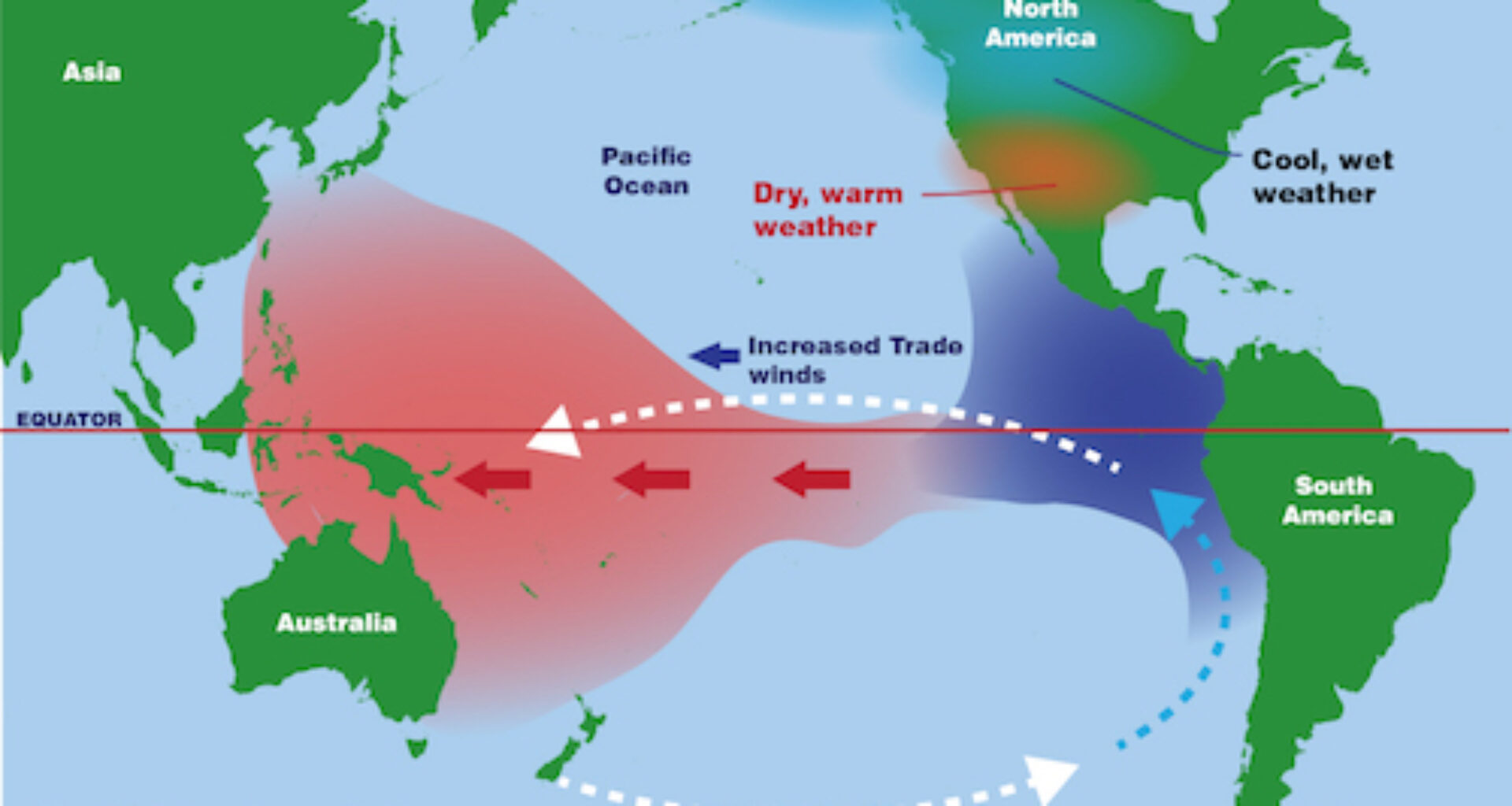Experts attribute the failure of La Nina to bring the expected drop in temperatures to the increasing effects of climate change and predict that the next winter season could also be mild.
According to the European Union’s (EU) Copernicus Climate Change Service, last August was the hottest August on record, with a global average temperature of 16.82 degrees, 0.71 degrees above the 1991-2020 reference average. The world experienced its hottest summer season in June-August 2024, when the global average temperature was 0.69 degrees Celsius above the long-term average and 0.66 degrees Celsius above last year’s June-August average.
August 2024, when the global average sea surface temperature was measured at 20.91 degrees, was recorded as the second hottest August based on seawater temperatures. The average temperature in the oceans in August was only 0.07 degrees Celsius lower than in the same month last year. Only the equatorial Pacific saw a drop in temperature, while abnormal values were recorded in other regions.
Source: AA



 UN
UN 




